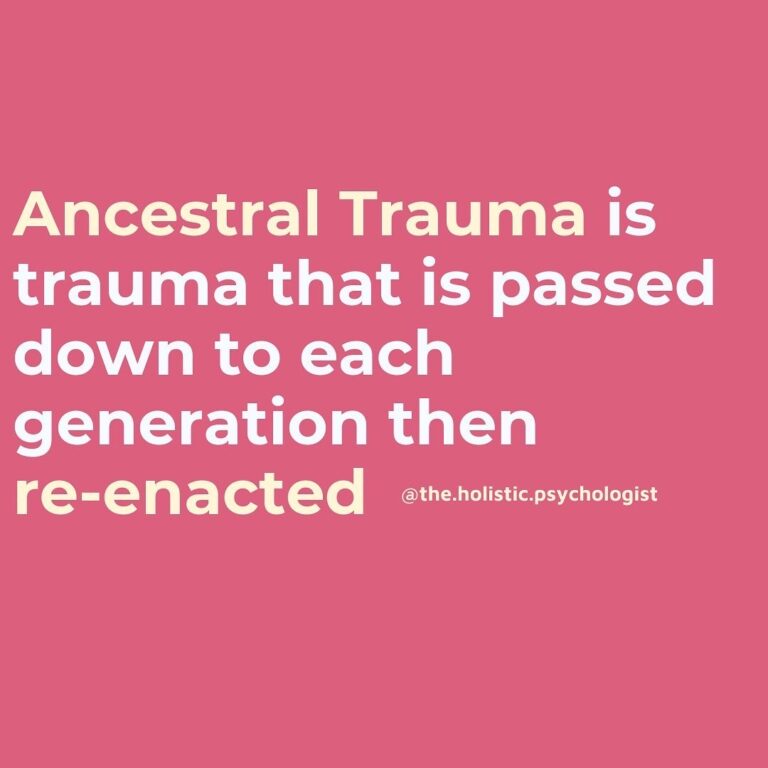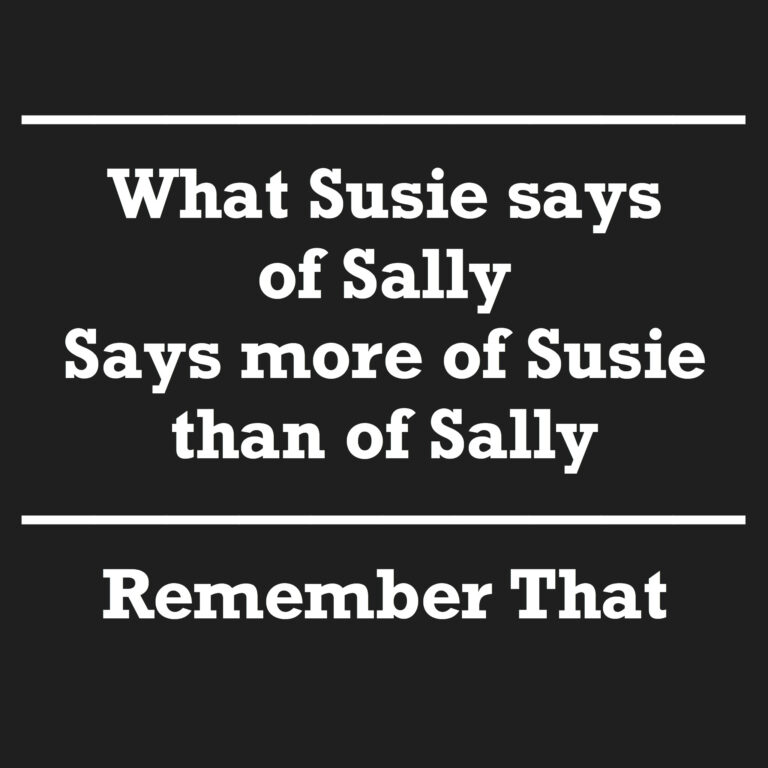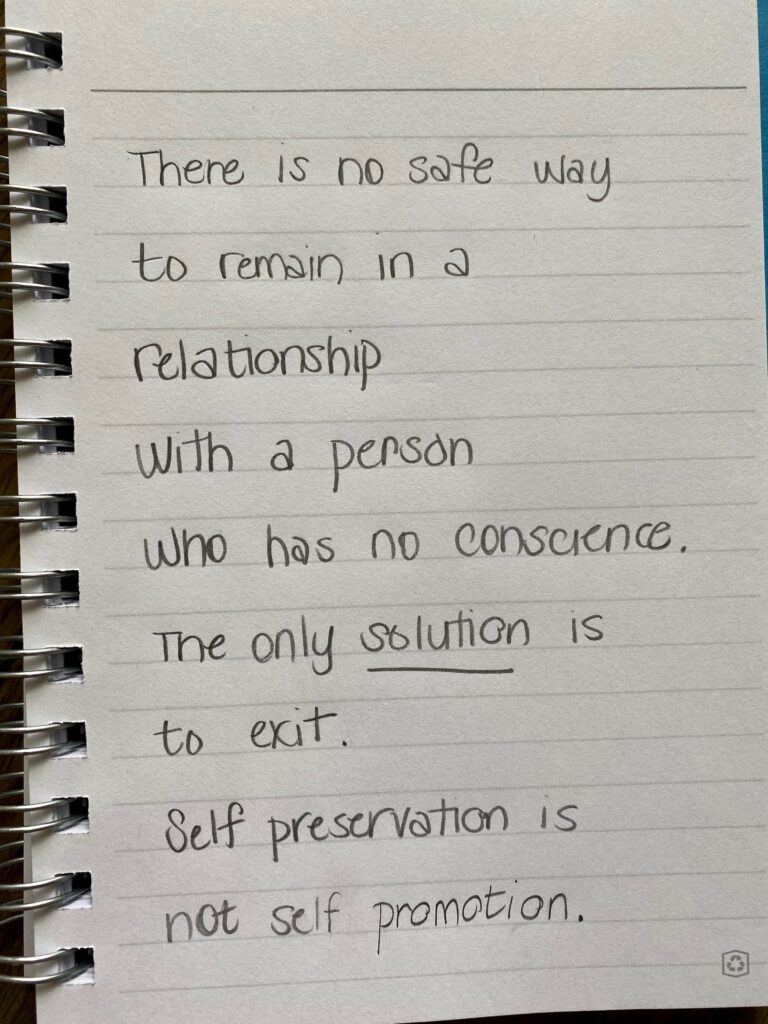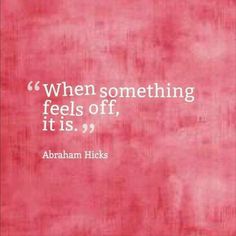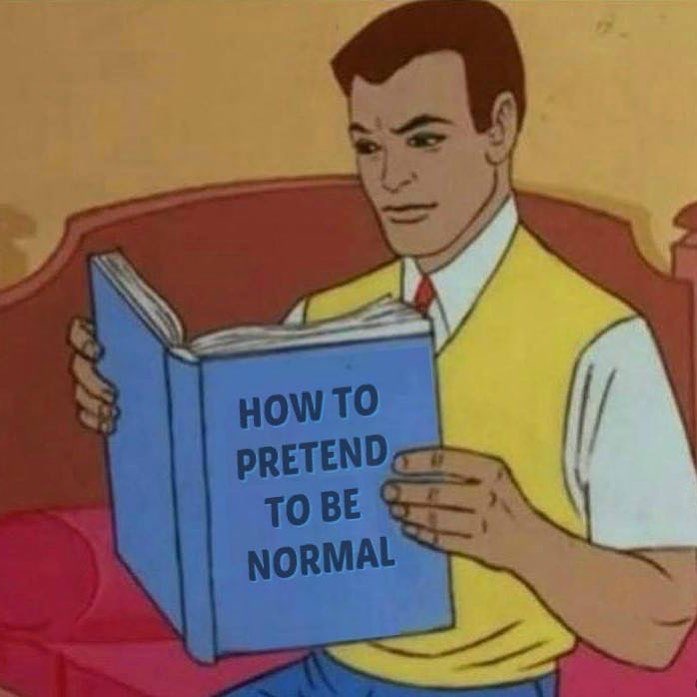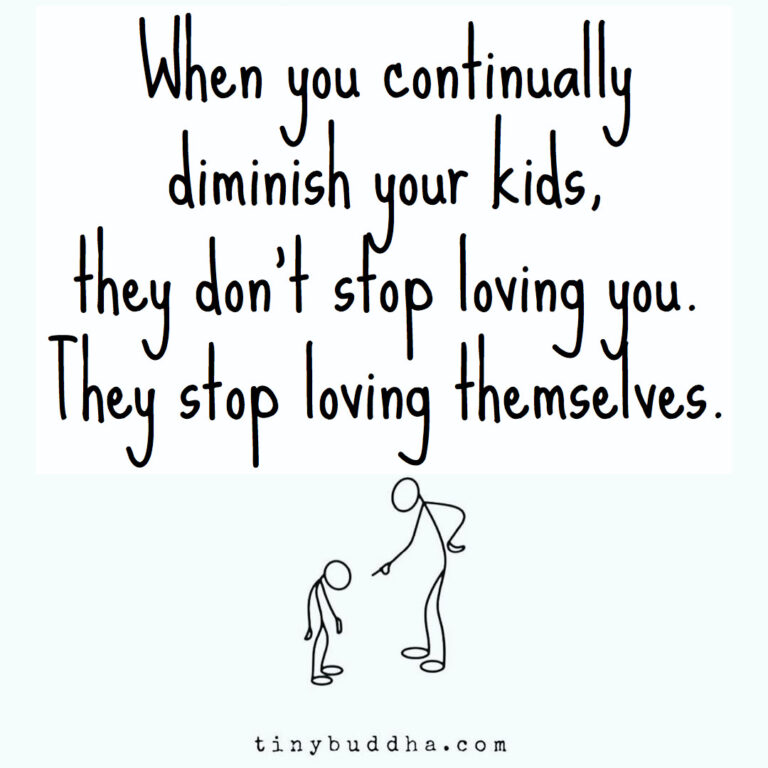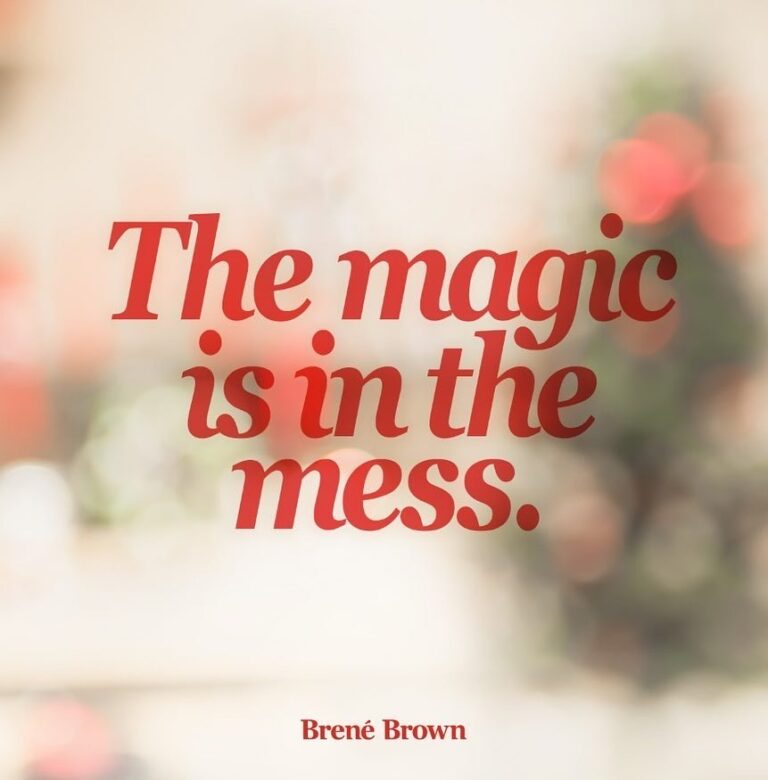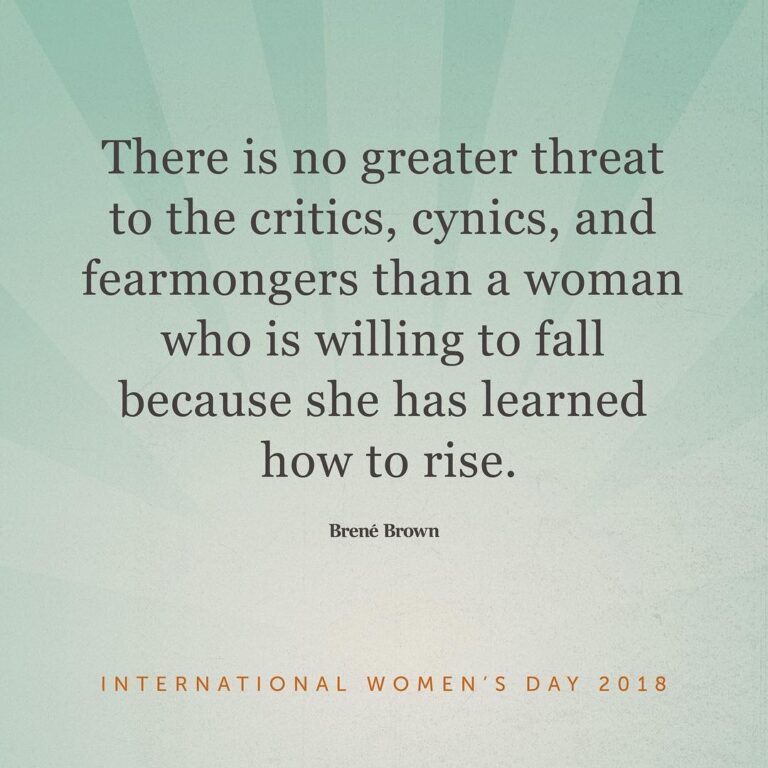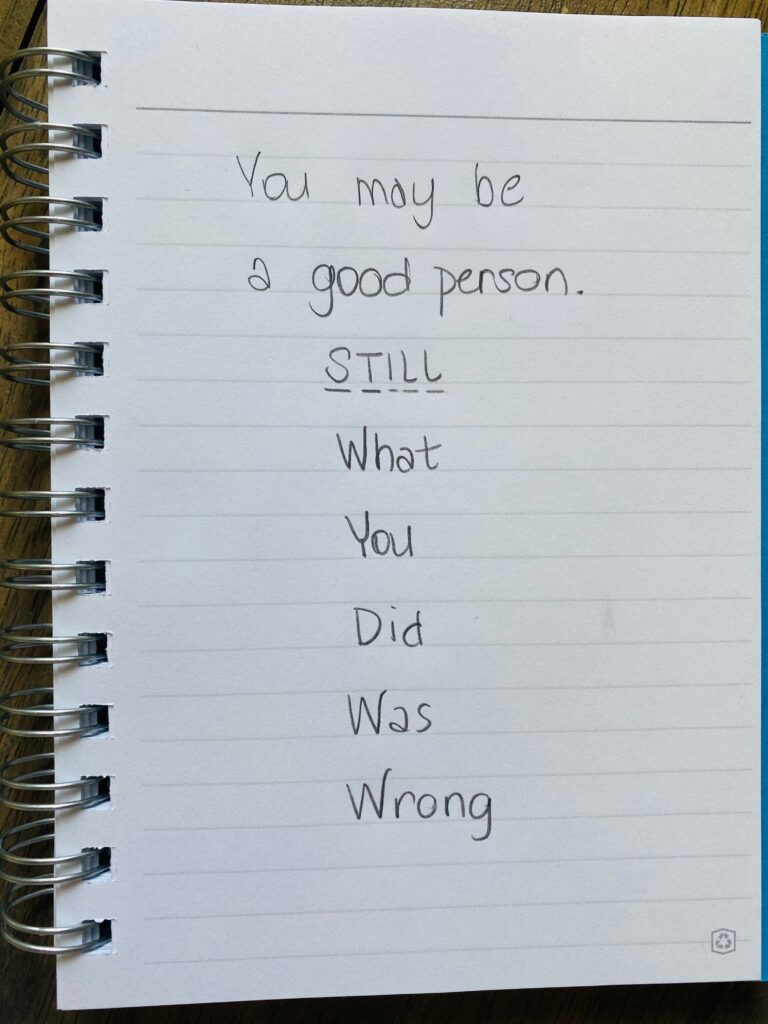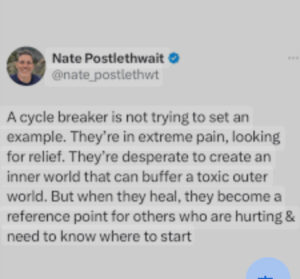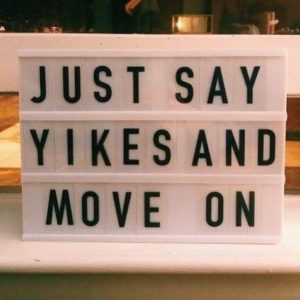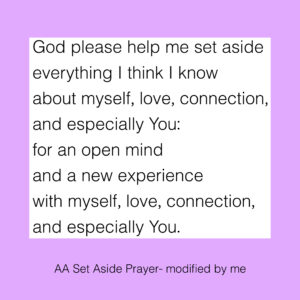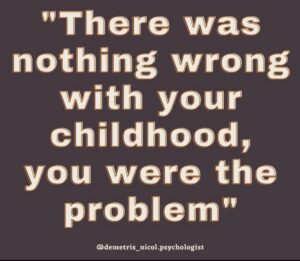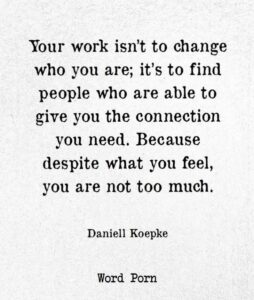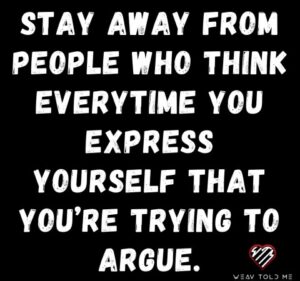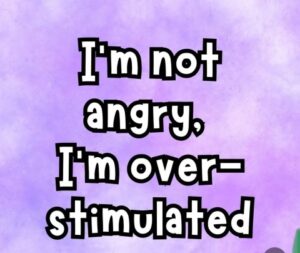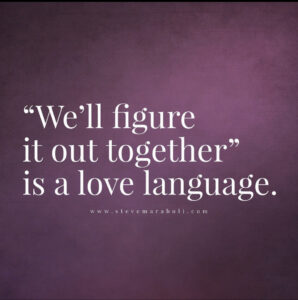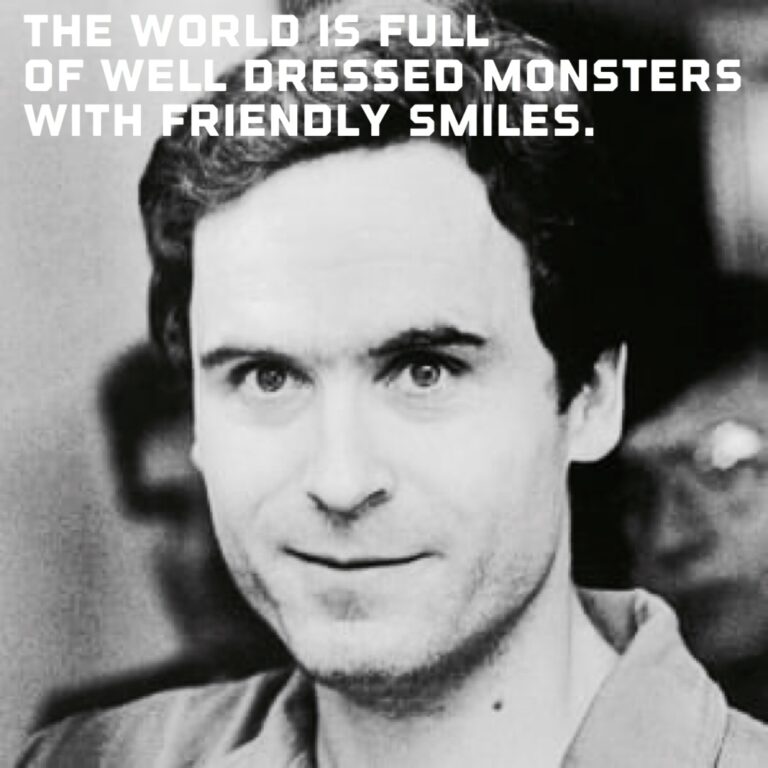
Under The Influence
Most of us (if only a little) are impressed by fine clothes, cars, homes, overall attractiveness, and status. -Totally normal to unconsciously attach meaning to what we see and to feel influenced by a desire for nice things.
When a person holds a position of trust or authority and/or appears well put together, we feel influenced, readily accepting their gossip information as truth and an adequate basis for judgment. For example, there is an inherent assumption of credibility by children– for family, clergy, police, professors, doctors, teachers….Right? But wisdom suggests that as we mature, we become conscious of more valid criteria for trust. To rely primarily on outward presentation/image invites deception and manipulation.
If our beliefs about a person are based solely on what they show us or on hear-say, chances are good, that our assessments are inadequate and we lack the ability to effectively judge character. We will be naive, shallow, and also weak in character. We will come to rely on those, desperate to control who eagerly inform us as to who is good, bad, right, wrong, who and what we can and cannot like or love.
Because the first people to “love” me were not reliable sources of kindness, honesty, loyalty, or safety- as an adult, I had to learn to identify people of trust and also to become a person of trust– I needed to be taught. Status, clever wit, good looks, and possession of cool shit can no longer influence or distract me from what matters.
Recovery taught me to notice behavior patterns; to be mindful of those who act consistently with kindness and benevolence—or a lack of. We are what we do, not what we or others say. Before recovery, I was stuck in vicious cycles and entanglements. I played my part in these by doing what I knew. As a result of recovery, re-parenting myself, and removing myself, my life and relationships are now more virtuous than vicious. This became possible, I believe, purely as a result of my program teachings – where we learn to practice and prefer trust.

